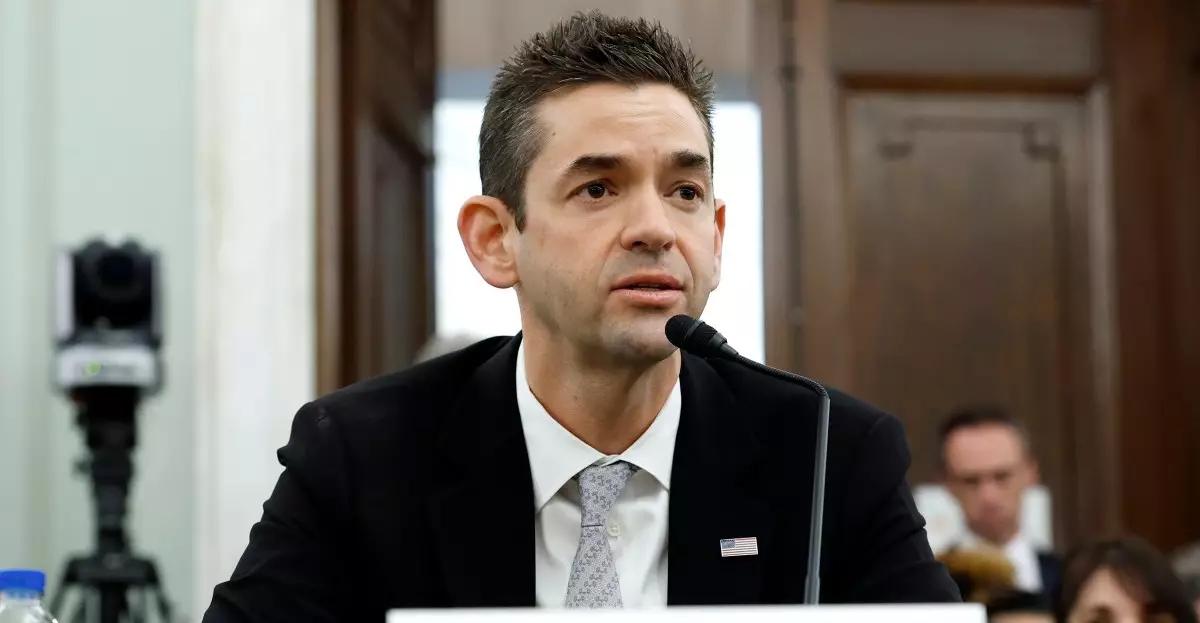The recent fallout from Jared Isaacman’s nomination to lead NASA showcases the intricate interplay between politics, corporate influence, and space exploration. Isaacman, a billionaire recognized for his ambitious endeavors in the commercial space sector—and a close ally of Elon Musk—was unexpectedly removed from consideration as NASA Administrator. Sources suggest this decision stemmed from his previous political donations to Democratic figures, particularly Senator Mark Kelly of Arizona. This raises the question: How much do past political affiliations weigh on the trajectories of key appointments, especially in an administration that prioritizes a stringent ideological conformity?
While political donations are not uncommon among public figures, the stark scrutiny Isaacman faced reveals a potentially troubling trend where qualified candidates could be sidelined based on their political associations. This scenario reflects an environment where loyalty to the ruling party could overshadow merit, casting a shadow over the integrity of decisions made at the highest levels of government.
Impact on NASA’s Future
Isaacman’s withdrawal comes at a critical juncture for NASA, exacerbating concerns surrounding its future direction amidst proposed significant budget cuts. The Trump Administration’s latest budget request suggests a staggering reduction of nearly 25%, slashing NASA’s funding from $24.8 billion to $18.8 billion. Such drastic measures are likely to have profound implications on science programs, which are proposed to be cut by nearly half. The Planetary Society has voiced serious concerns over this move, describing it as tantamount to a disaster for the agency’s scientific endeavors.
With the unprecedented privatization trend led by companies like SpaceX, the cuts signal a disheartening pivot away from the scientific missions that have historically propelled humanity’s understanding of the cosmos. This bifurcation in the direction of space exploration could lead to diminished returns on investment that taxpayers have made over decades, igniting fears about the U.S.’s competitiveness in the global space race.
Leadership in Question
This episode also highlights the ramifications of leadership voids in pivotal organizations like NASA. The absence of a firmly appointed leader undermines strategic vision and coherence in policy execution. An unnamed former senior NASA official referred to the budget as indicative of a “going-out-of-business mode,” echoing sentiments of alarm overwhelmingly present in discussions among space policy experts. The confirmation of a new leader, who aligns closely with President Trump’s America First agenda, raises additional questions about the long-term vision for NASA. Will this new leadership foster innovation, or will it prioritize narrow political goals over groundbreaking scientific exploration?
While the NASA Administrator’s position ought to be filled by someone who possesses an expansive view of space exploration, the political gamesmanship involved in Isaacman’s nomination suggests a troubling prioritization of ideologies over expertise. As we observe the unfolding of these events, it remains crucial for the public to remain engaged, advocating for a space program that transcends partisanship and aims for universal human advancement in exploration and technology.

